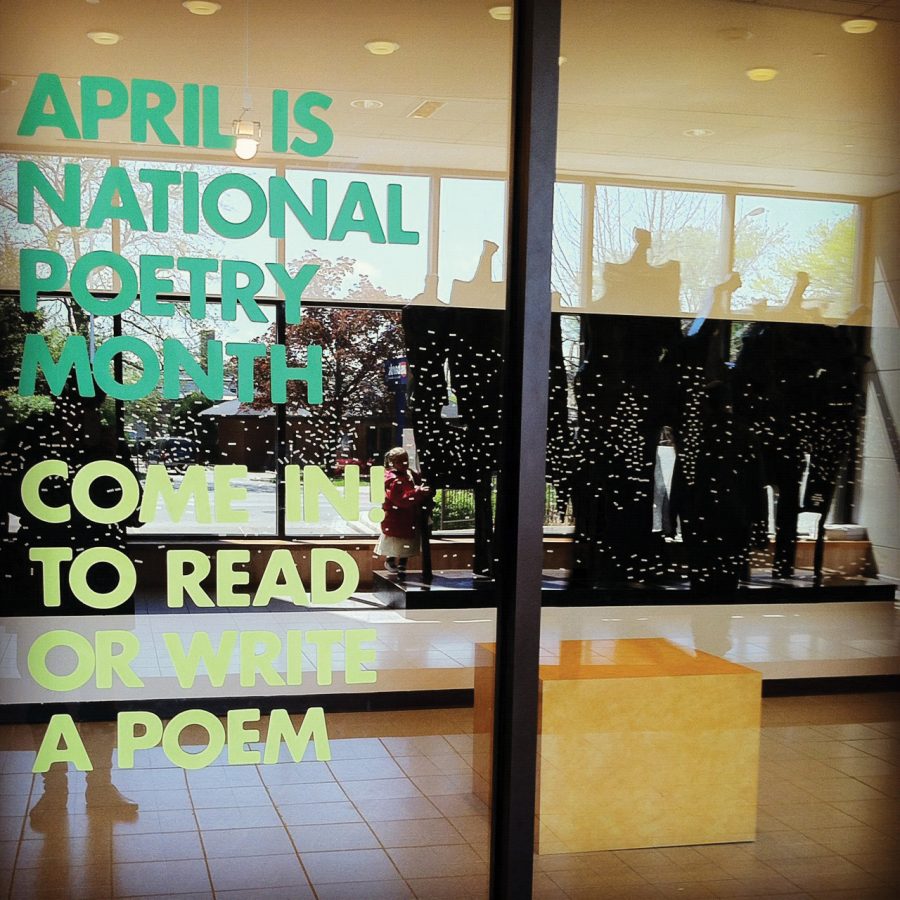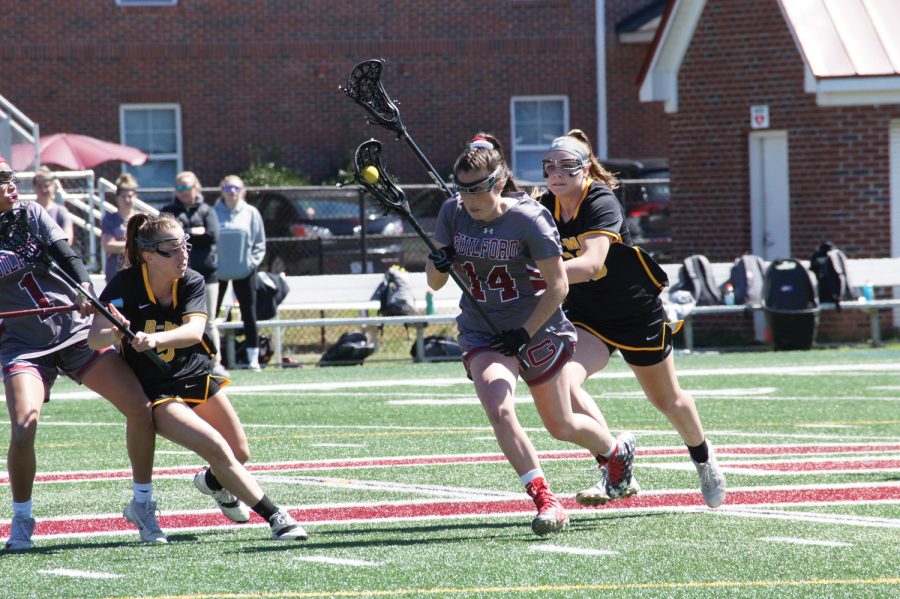Many agree that local politics are the most important because that is where the average voter can interact with lawmakers to make the most difference. However, that doesn’t mean that people keep up locally, even those who generally know about politics.
Even the most informed of voters struggle to come up with the names of those running for local elections.
“A lot of people are interested in the top of the ticket, but when it gets to the local representatives and officials, not a whole lot of attention is paid to those,” said Robert Duncan, assistant professor of political science. “That is really kind of unfortunate because that’s where the rubber hits the road. That’s where the government affects the people.”
Many of the big issues in Guilford County and Greensboro will be impacted by who is elected for many of the contested positions. Housing is especially important in this election, given Greensboro’s large population of people experiencing homelessness.
Guilford College is connected to some of these issues, with Bonner Center for Community Service & Learning sites such as Church Under the Bridge reaching out to people experiencing homelessness in Greensboro.
In some of the local races, voters will be electing the people who handle county budgets, land use, housing and transportation, as well as the ever-important school board and district court races.
Even though there are so many people on the ballot this election cycle, it’s important for you as a voter to educate yourself, so you can make an informed decision. Many of these races have the opportunity to be very close, given the political makeup of North Carolina as a whole.
“North Carolina is a microcosm of the U.S. in the sense that there are politically very republican, conservative parts of North Carolina and there are also very liberal, urban areas of the state,” said Kyle Dell, associate professor of political science.
Despite North Carolina’s political makeup and the general importance of local elections, people usually know less about local politics than any other level.
Even at the state level, people tend to know less about the major elections than they could. Many people know about the gubernatorial election, given the major press that Gov. Pat McCrory has gotten in response to House Bill 2, but that’s the only state race that has major coverage.
What matters is that people actually get out and research and learn about the local and state elections happening in order to make an informed vote. This is difficult for many because politics seem so restrictive and outside the scope of the everyday person.
“There’s definitely this cultural notion that politics is formalized when, in fact, it’s not,” said Anna Rider, a senior. “That definition of politics really prohibits people from getting involved in the local capacities that can really bring about change.”
Politics are often thought of as restricted to formal political action when, in reality, everything is inherently political. This limits the scope of what many people think they can accomplish.
In order to change this, people must do individual re- search, share that research with others and educate those who don’t know. The information is out there even if it isn’t always easily accessible. Canvassing and contacting representatives is another way to get out there and make a difference.
It’s important to remember that politics should be meant for everyone, whether everyone knows it yet or not, so it is important that we make sure we take advantage of our access to it.









